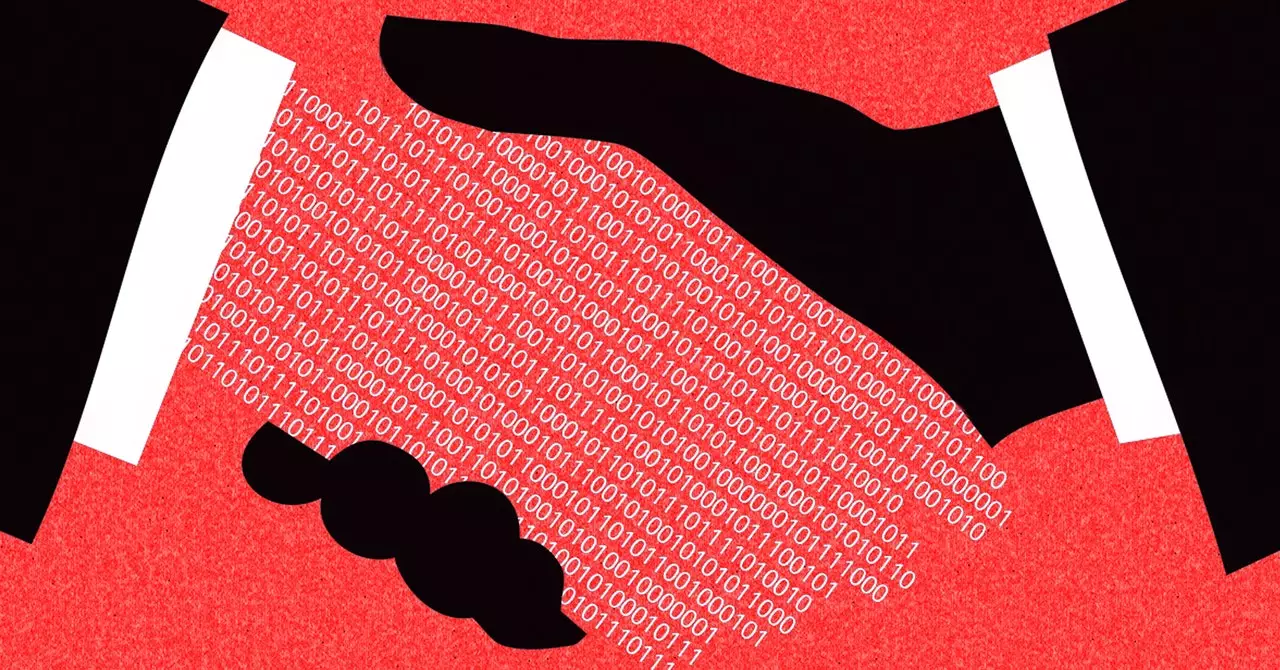In recent years, artificial intelligence (AI) companies have increasingly turned to YouTube as a source of valuable content for training their algorithms. This has traditionally been done without the consent of the content creators, raising ethical and legal questions. The existing paradigm has often been a simple assumption by AI companies that they can freely utilize online content, resulting in widespread discontent among creators whose intellectual property is being siphoned off without compensation. The motivations behind the unlicensed scraping stem not only from the sheer volume of data available on platforms like YouTube but also from the AI industry’s insatiable thirst for diverse training materials that can enhance their models’ capabilities.
In response to this burgeoning issue, a new initiative has emerged called ‘License to Scrape,’ spearheaded by Calliope Networks. This program aims to reshape the relationship between content creators and AI firms by establishing formal agreements for content usage. According to Calliope Networks’ CEO, Dave Davis, the goal is to create a streamlined, legal framework that allows both parties to benefit from the data-sharing process. The initiative recognizes the pressing demand from AI companies for access to YouTube content, but also understands the rights of the original creators need to be safeguarded.
Unlike other platforms, such as Reddit, which have made deals with AI companies to authorize scraping of their content, YouTube has not yet established a formal framework. By aggregating content from a group of creators, Calliope hopes to develop a ‘blanket license’ model that avails a broad spectrum of YouTube videos for AI training without requiring individual agreements with each creator. This twist on content licensing could have profound implications for how creators monetize their work in the age of AI.
Davis’s background in media licensing offers a unique perspective on this endeavor. He previously worked at the Motion Picture Licensing Corporation, providing him with insights into existing licensing systems. Drawing inspiration from entities like Broadcast Music Inc. (BMI) and the American Society of Composers, Authors, and Publishers (ASCAP), Davis aims to create a parallel model for AI-generated content.
To participate, YouTube creators will need to contract with Calliope Networks so their content can be sublicensed for AI training purposes. For this scheme to be viable, Calliope must first recruit a robust percentage of creators—Davis estimates needing around 25,000 to 50,000 hours of content to attract serious interest from AI companies. This emphasis on volume underlines a significant shift in how creators can think about revenue generation; by banding together, they can leverage their collective value.
As the initiative seeks to gain momentum, the recruitment of creators is of paramount importance. While Calliope Networks may not yet boast big-name influencers endorsing the program, it has initiated collaborations with influencer marketing agencies like Viral Nation. Through these partnerships, they hope to engage a more extensive network of potential participants. As Bianca Serafini, Viral Nation’s head of content licensing, notes, positive feedback from creators indicates a desire for a new model—one where they can see tangible compensation for their contributions to the AI landscape.
The concept of ‘License to Scrape’ is not merely an innovative idea; it represents a critical juncture for content creators, many of whom have felt sidelined in discussions about AI development. This model could pave the way for more equitable relationships between creators and technology companies, encouraging a framework where both sides can thrive without infringing on rights or engaging in unethical practices.
As AI continues to evolve, so too must the protocols that govern the relationships between content platforms and creators. The ‘License to Scrape’ initiative by Calliope Networks stands as a potential turning point in this ongoing evolution. Whether this model successfully takes root will depend heavily on the buy-in from YouTube creators and the AI industry alike. In a world where data is the new oil, establishing trust and fostering collaborative partnerships will be essential in ensuring that creators are rightfully compensated for their work, thus propelling both the content and AI ecosystems into a more sustainable future.

